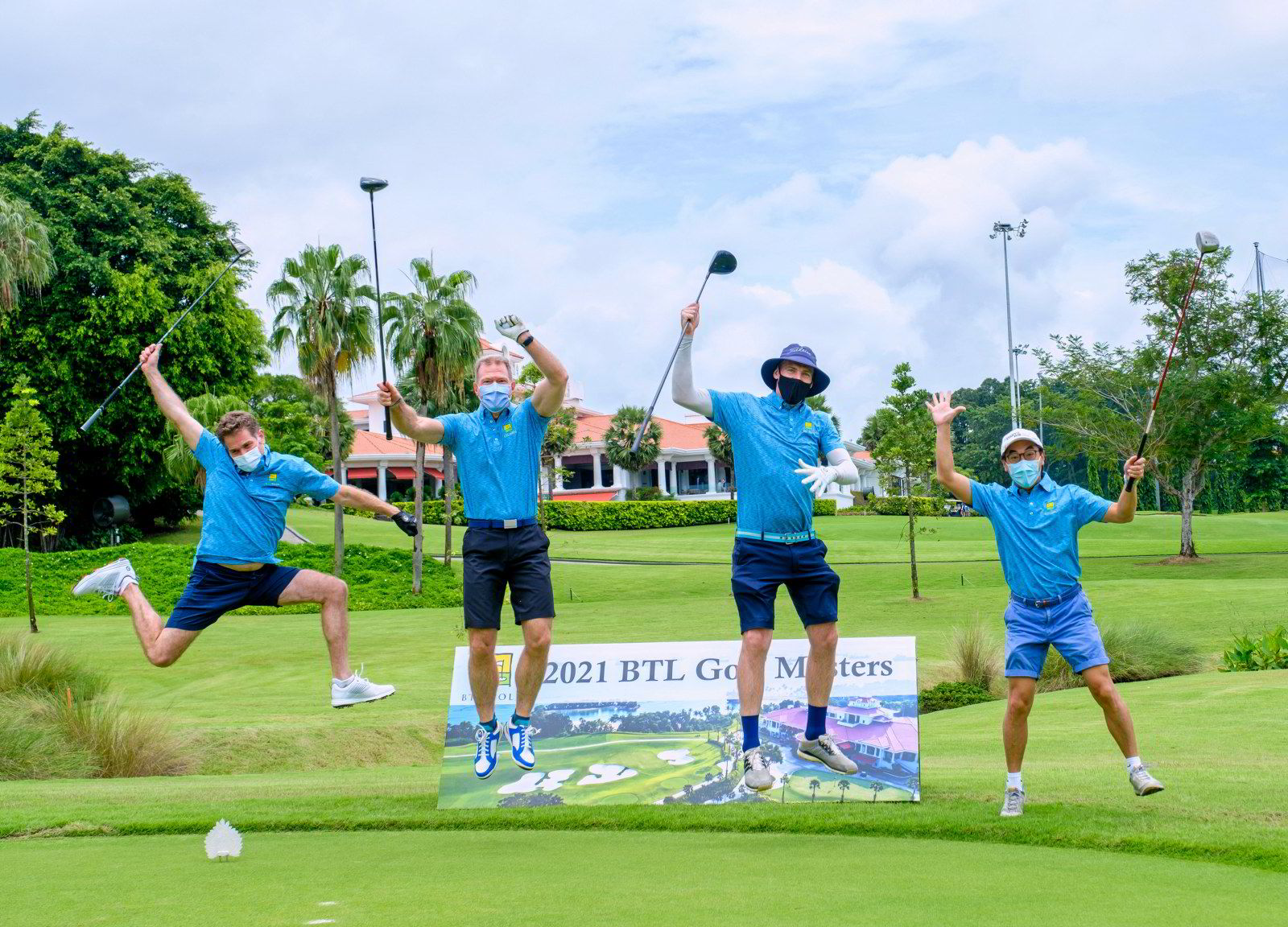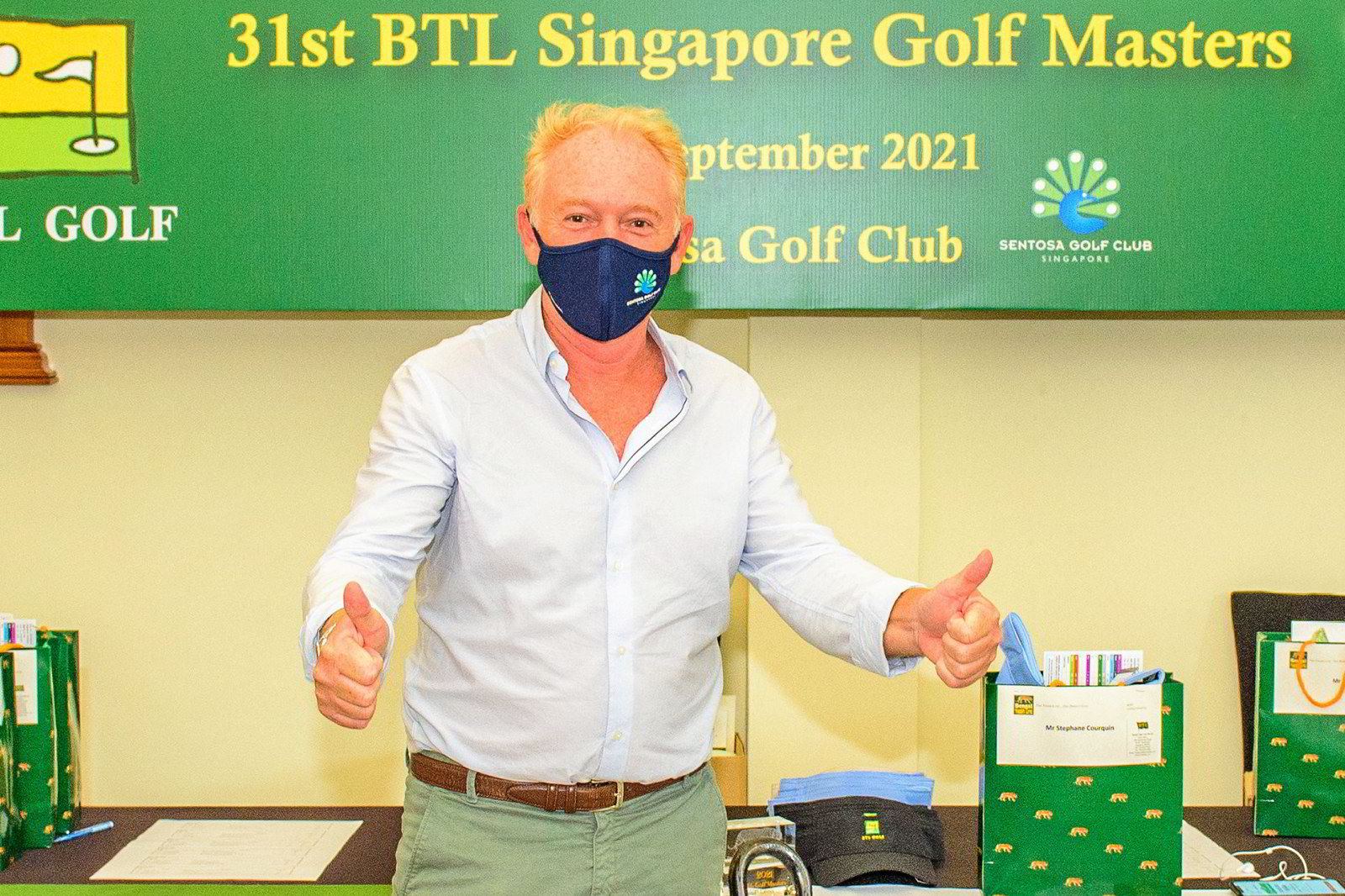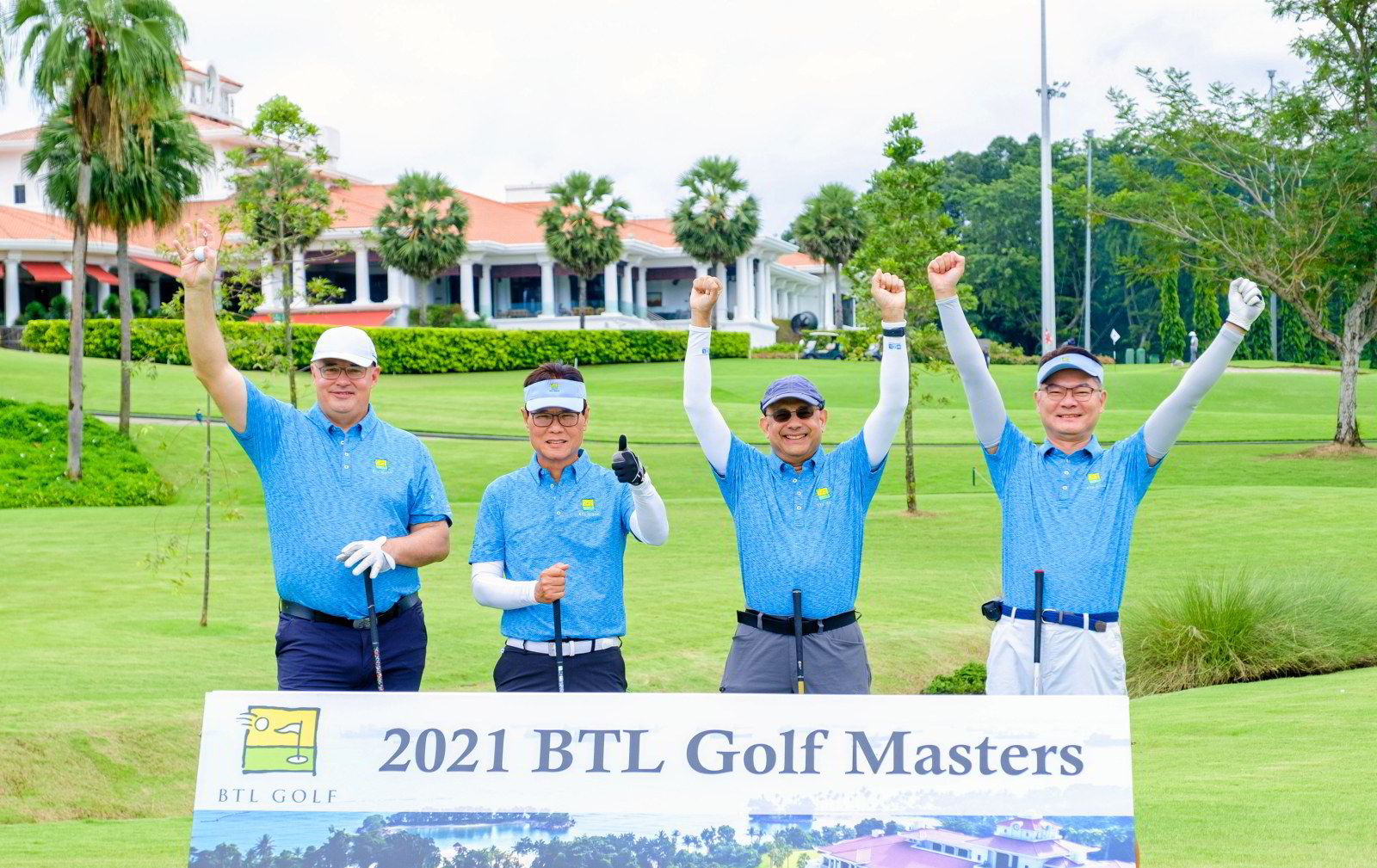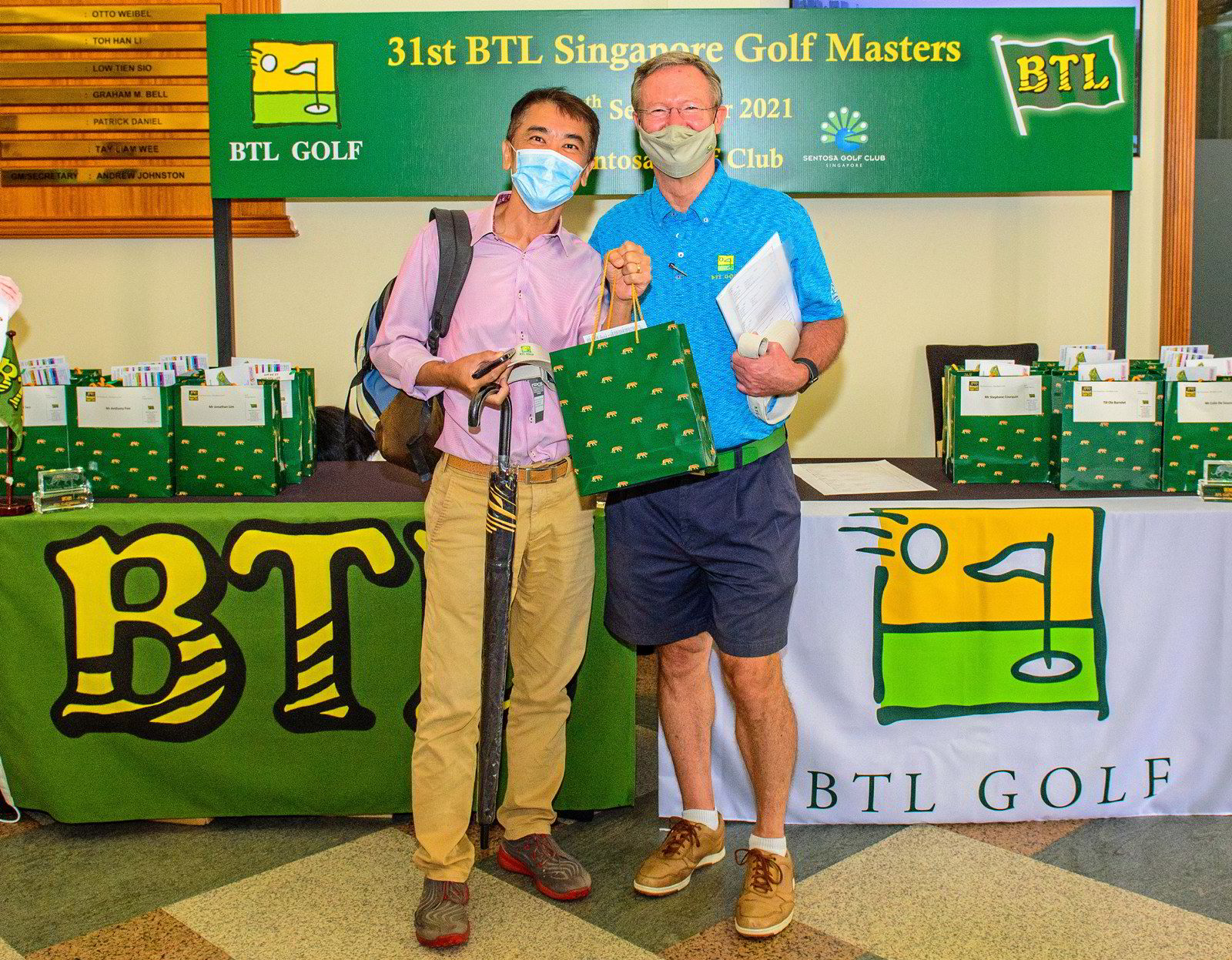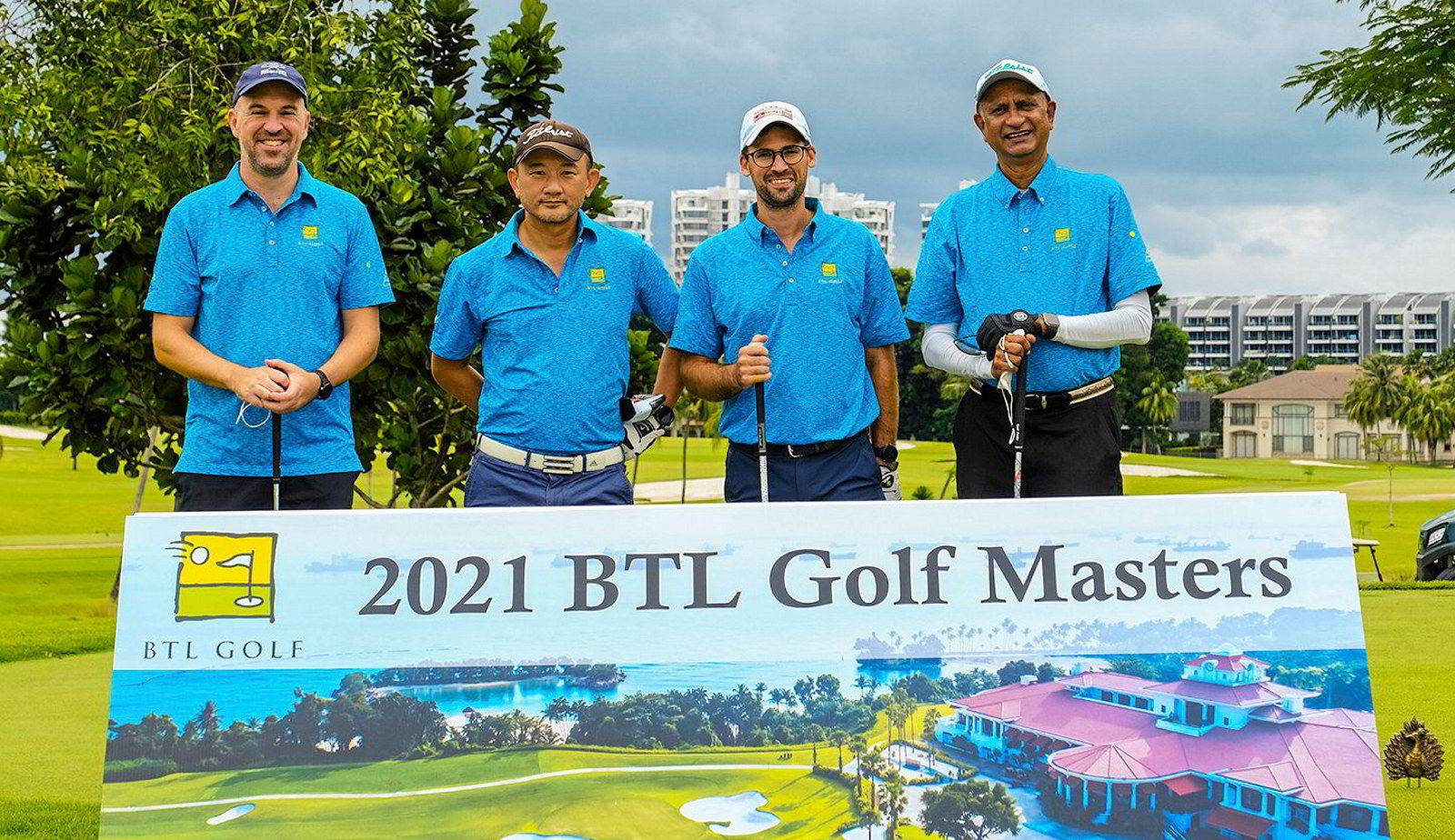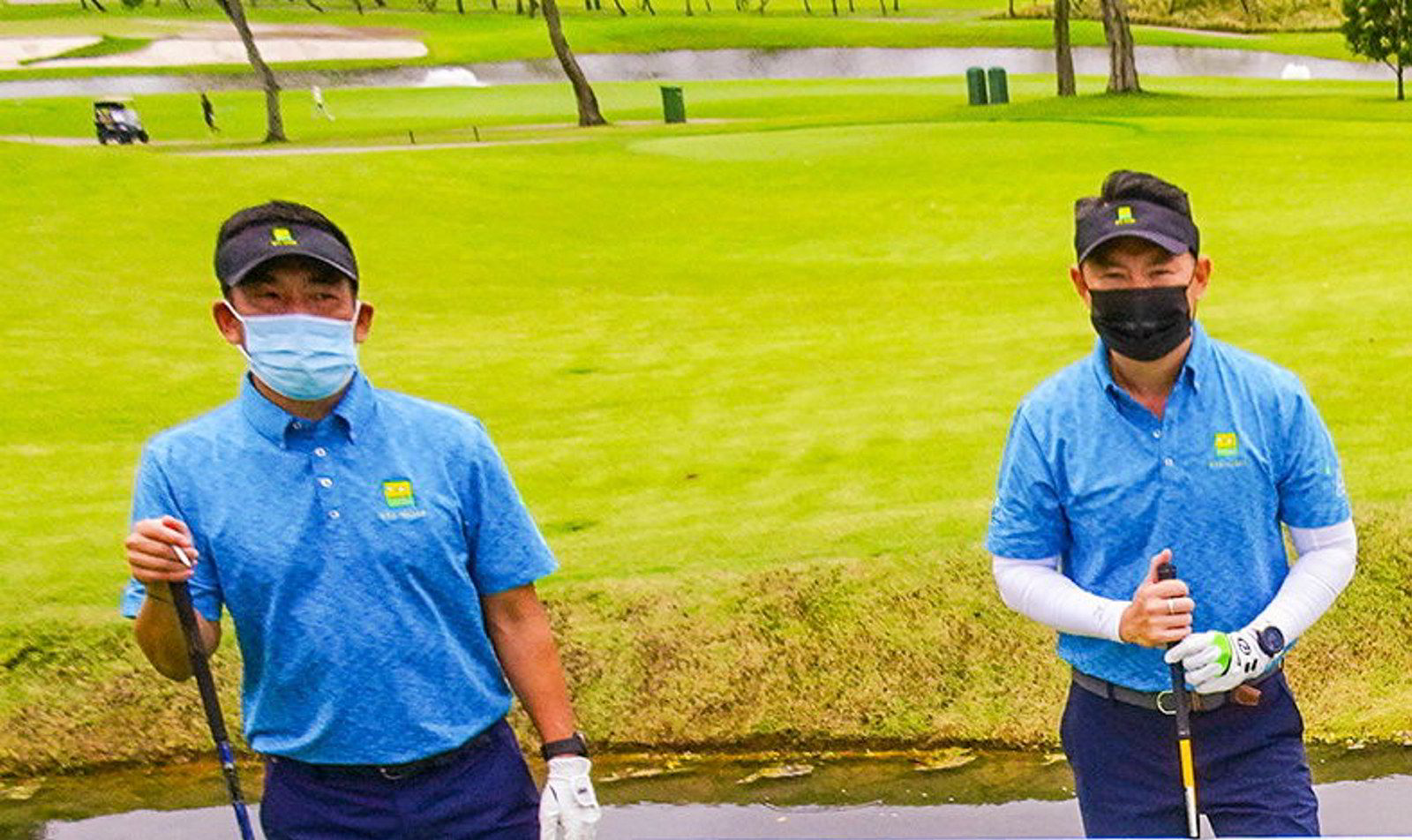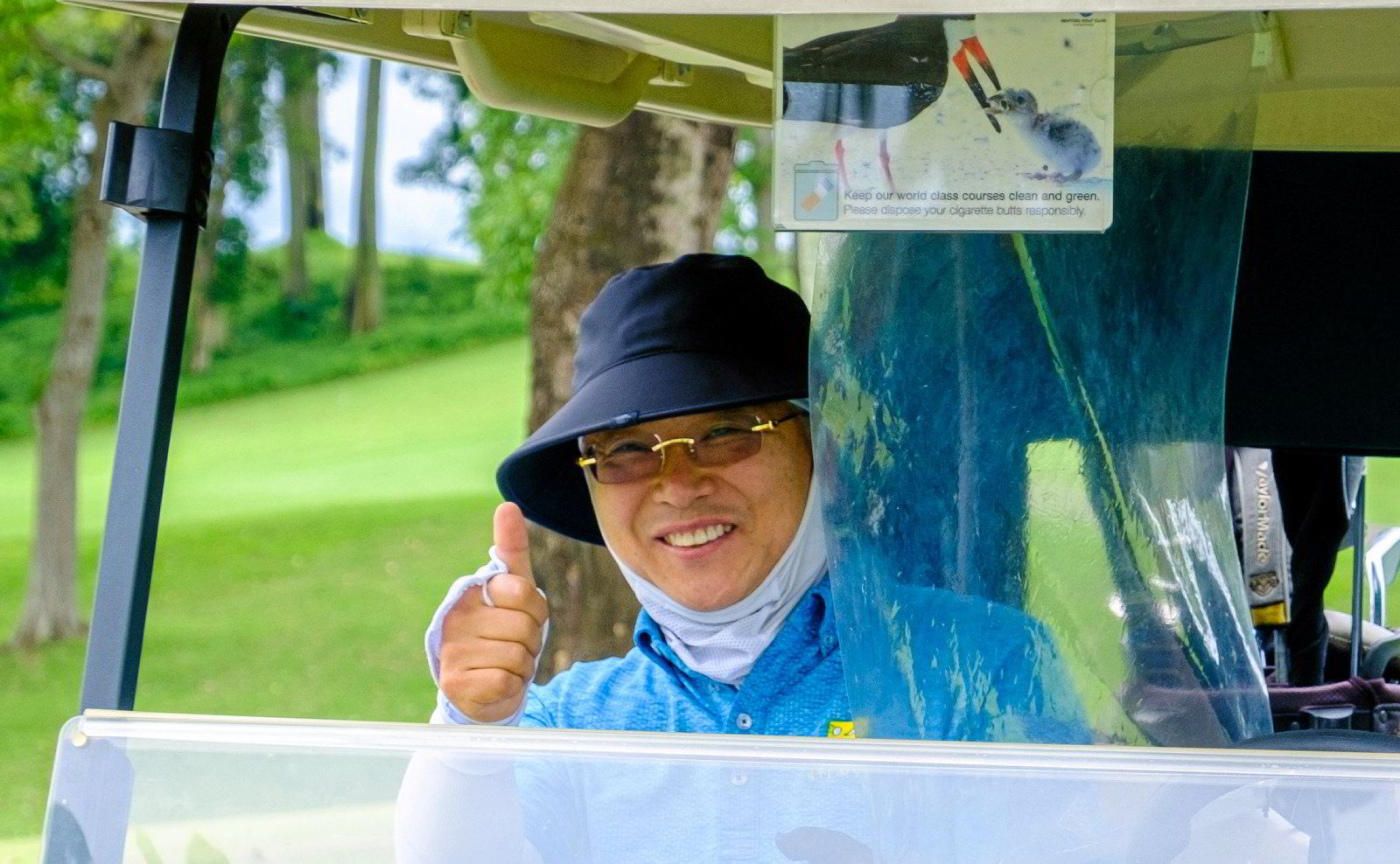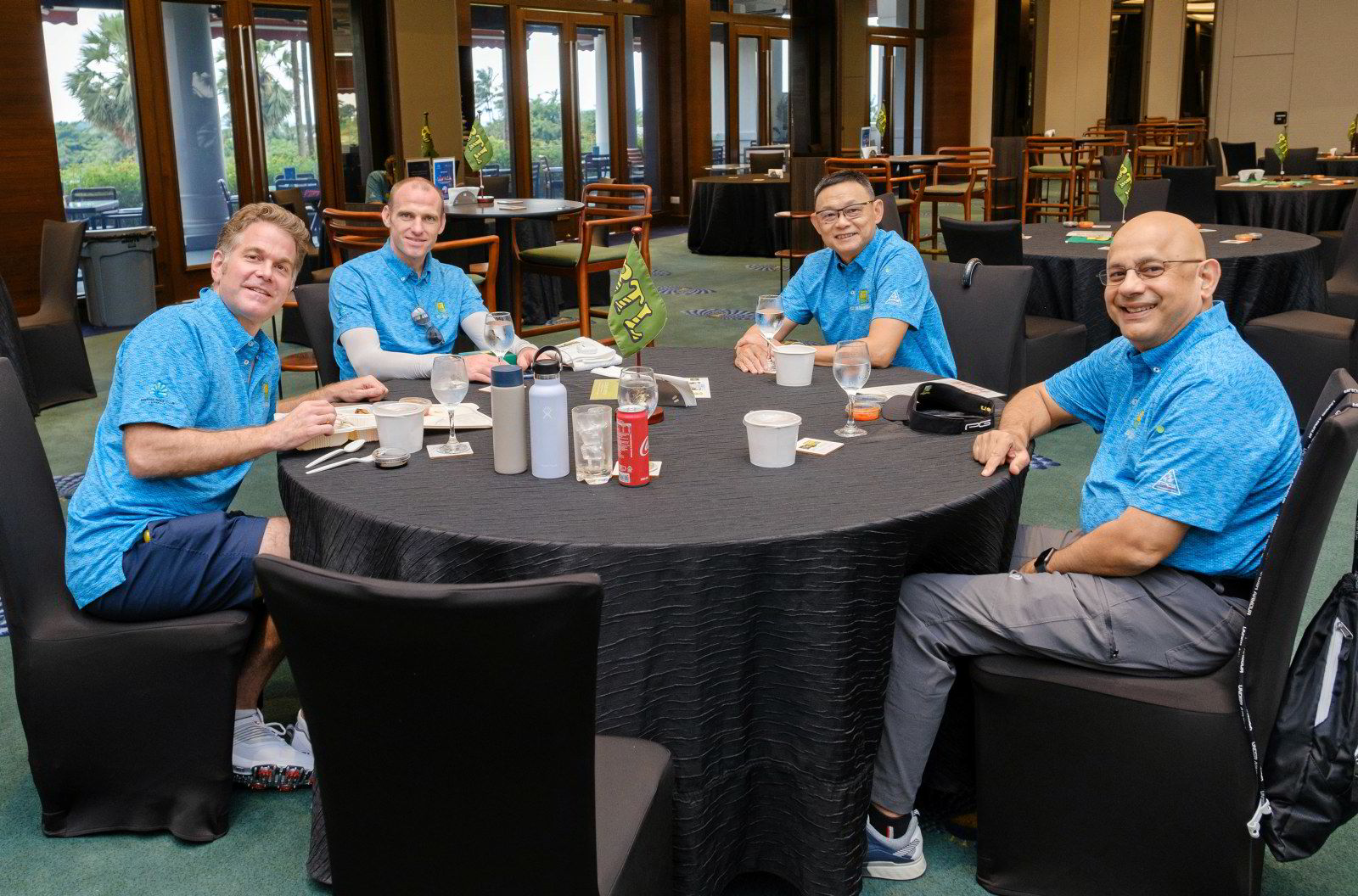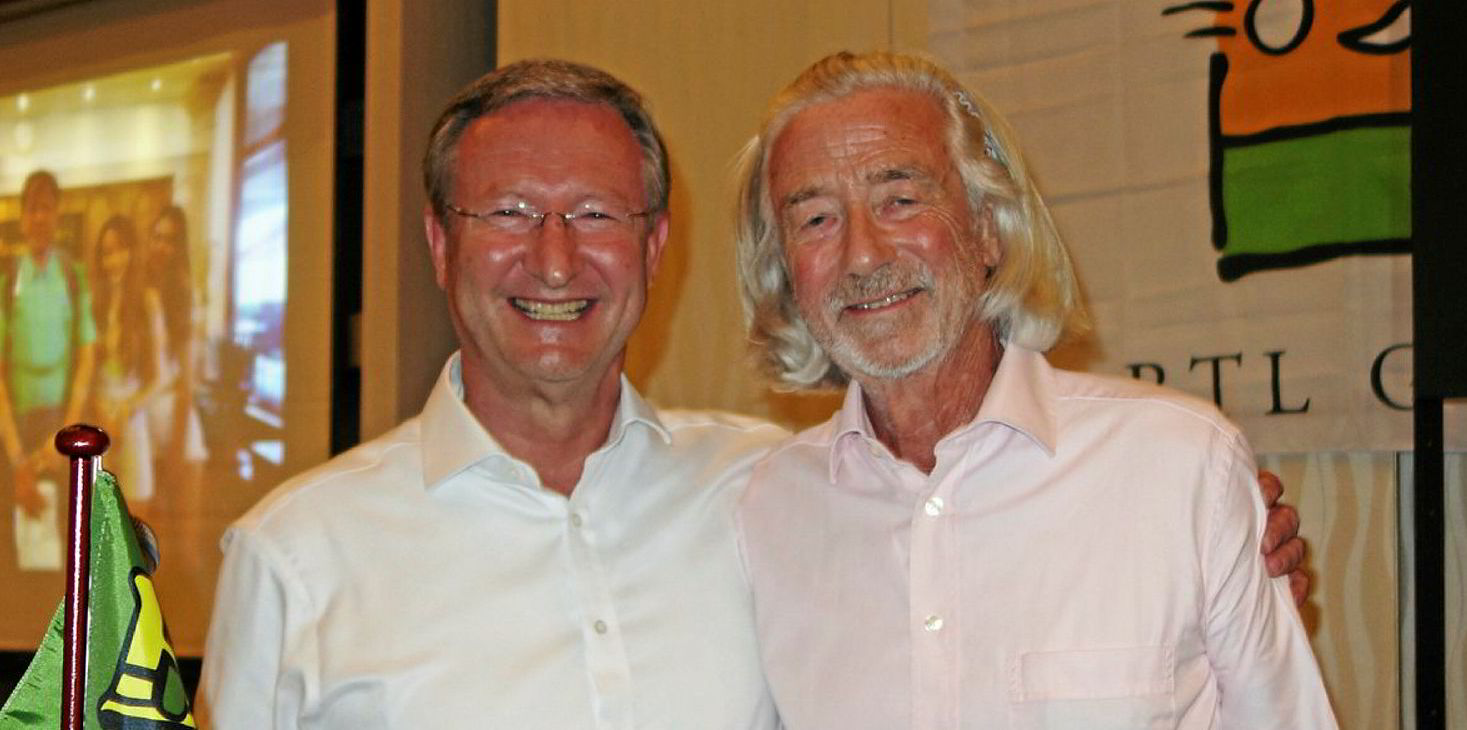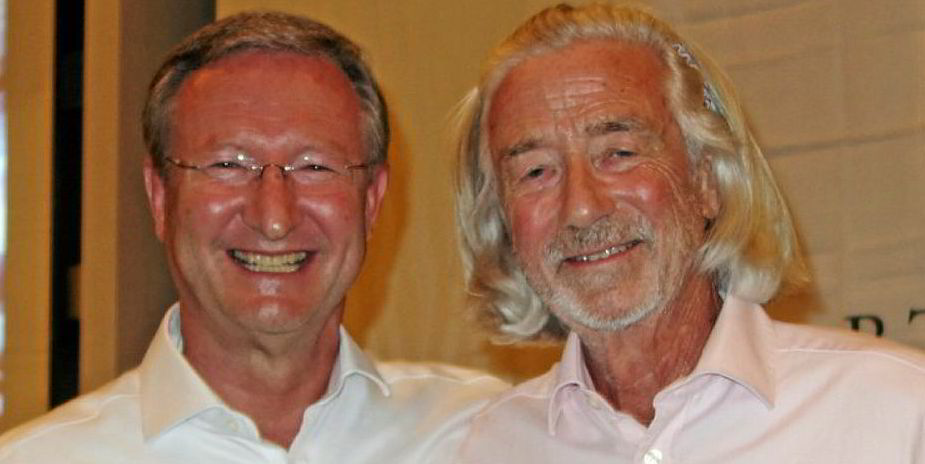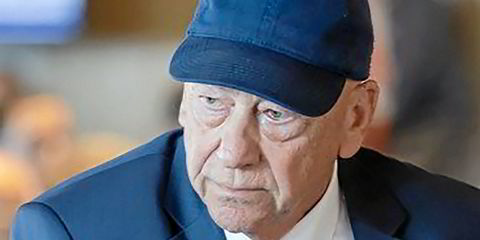Bengal Tiger Line (BTL) was not going to let a pandemic stop one of the liner sector’s most coveted sporting events, even if the legendary "Tigeress" table service was replaced by cardboard cutouts and the game restricted to Singapore residents.
The popular annual golf tournament teed off the 31st BTL Singapore Golf Masters on a sunny Friday in mid-September at the city-state’s renowned Sentosa Golf Club.
The game was conducted under Singapore’s strict Covid-19 restrictions, which meant players had to don face masks and play in socially distanced teams.
Also missing were BTL’s founder Joachim von der Heydt and other regular players from around the world, who were unable to travel to Singapore due to border closures.
BTL chief executive Bill Smart described the event as “a welcome relief after months of relative lock down” as senior Singapore-based liner executives — from operators, terminals and rival feeder companies — joined the social under the Singapore Golf Association's "Golf and go home" Covid-19 guidance.
Despite restrictions, golfers were able to play a Stableford format round that was won by Hyundai Merchant Marine’s DH Oh.
BTL has successfully associated the game of golf with shipping entertainment for more than 30 years and at one stage hosted several golfing events from the Far East to the Middle East.
The BTL Golf Masters had been an annual fixture on shipping's golfing circuit until it was interrupted by the pandemic in 2020.
The company’s name is derived from the golfing term "Tiger Line" — an extremely long and risky shot in a direct line to the target — which Smart said was akin to BTL’s original Bay of Bengal shuttle services that directly connected the Indian subcontinent to transshipment hub centres such as Singapore and Colombo.
That service began with one ship carrying a mere 10 containers belonging to a mainline operator that went bankrupt before the voyage was completed.
Fortunately, BTL did not suffer the same fate and now operates 10 to 12 chartered vessels carrying approximately 800,000 teu per year.
The company has been owned by Singapore fund CMIA Sea Ventures since 2018.
